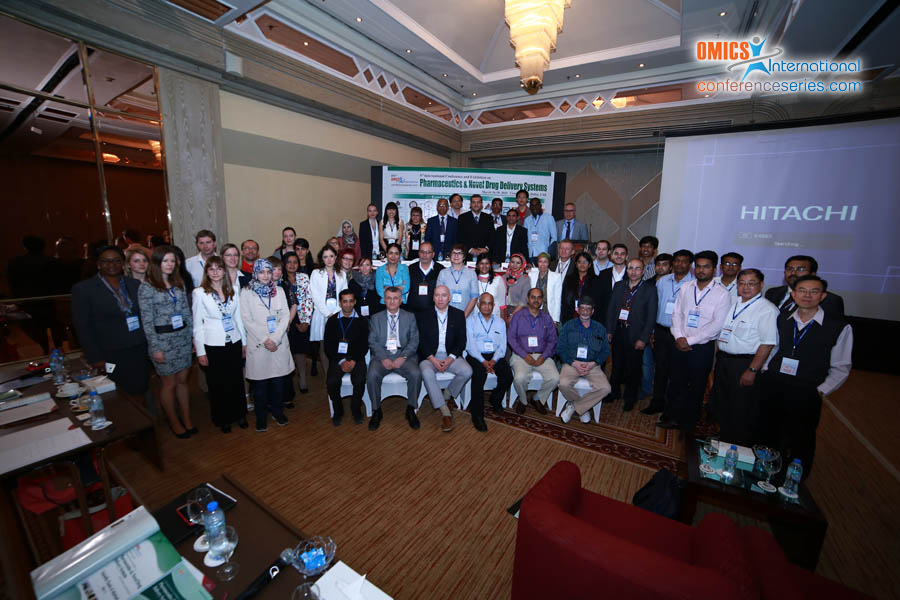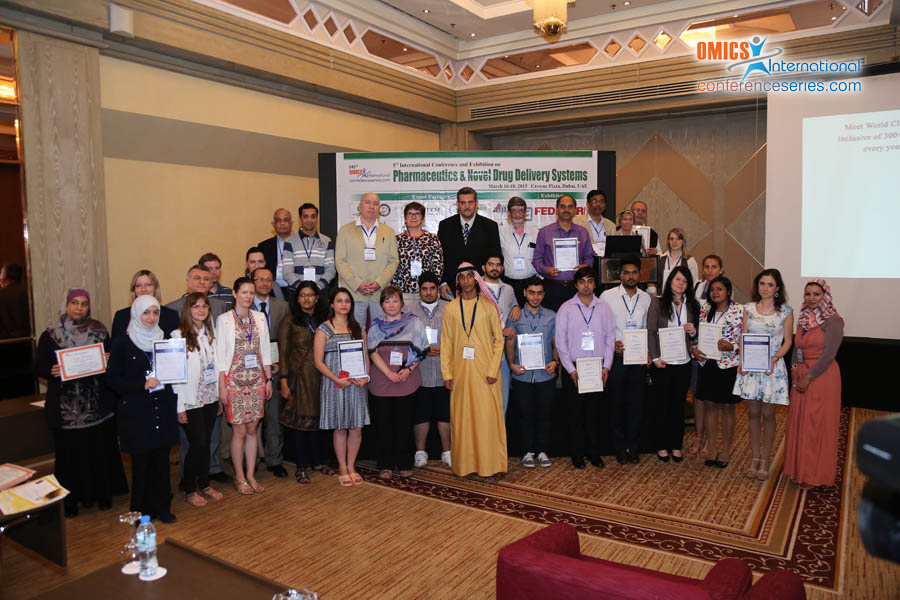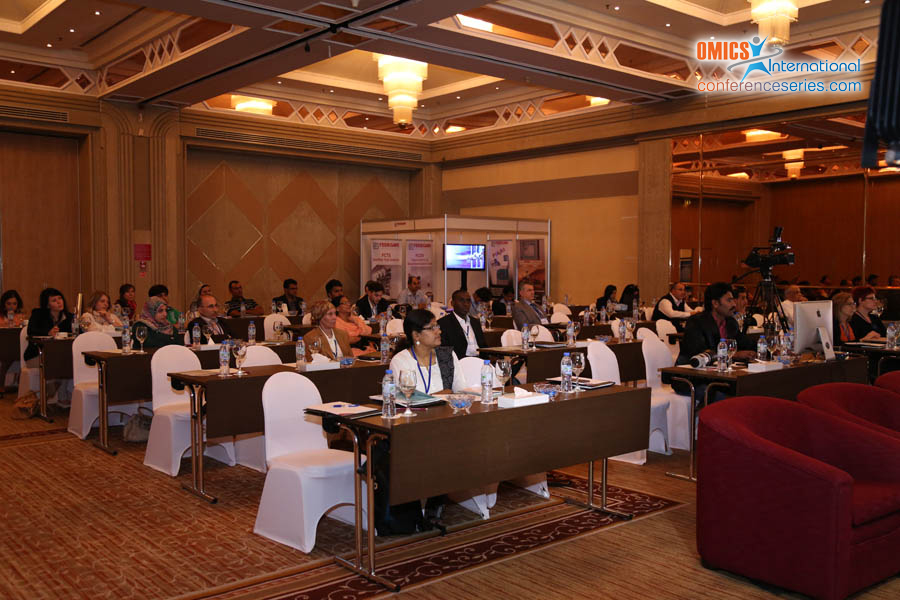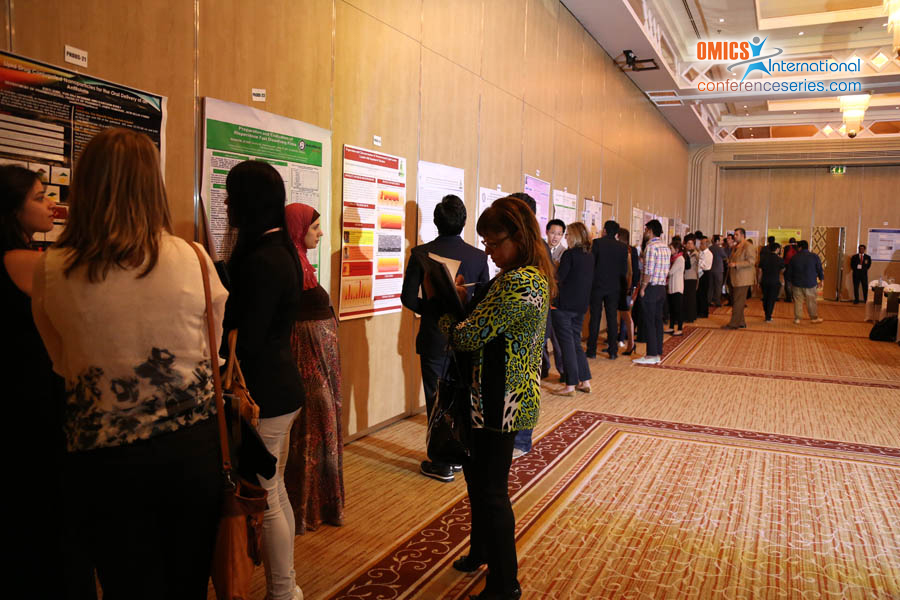
Alexandra Partenhause
Leopold-Franzens-University, Austria
Title: Thiolated silicone oils as novel skin care agents with enhanced adhesiveness and reinforced occlusivity
Biography
Biography: Alexandra Partenhause
Abstract
Aim: Th e purpose of this study was the evaluation of thiolated silicone oil as novel skin protectant with a prolonged residence time, enhanced barrier function and reinforced occlusivity. Methods: Two silicone thiomers were synthesized with mercaptopropionic acid (MPA) and thioglycolic acid (TGA) as thiol ligands. Adhesion, protection against artifi cial urine as well as water vapour permeability with both a Payne cup setup and transepidermal water loss (TEWL) measurements on porcine skin were performed. Results: Silicone conjugates showed pronounced substantivity on skin with 39.2 ± 6.7 % and 22.1±6.3 % remaining silicone aft er 8 h for silicone-MPA and silicone-TGA, respectively, whereas unmodifi ed silicone oil and dimethicone were no longer detectable. Especially silicone- MPA strikingly shielded skin against artifi cial urine penetration for up to 6 h and showed a reduced TEWL by two third in comparison to control. Conclusion: Th iolation of silicone oils leads to enhanced skin adhesiveness due to disulfi de crosslinking, which is a major advantage compared to commonly used silicones, such as dimethicone. Depending on the thiol ligand, various degrees of occlusivity can be achieved. Th iolated silicone oils thus provide a protective layer and improve skin moisturization. Pharmaceutical targets might be hypertrophic scars and keloids, neurodermatitis, psoriasis as well as atopic, allergic or irritant contact dermatitis.




